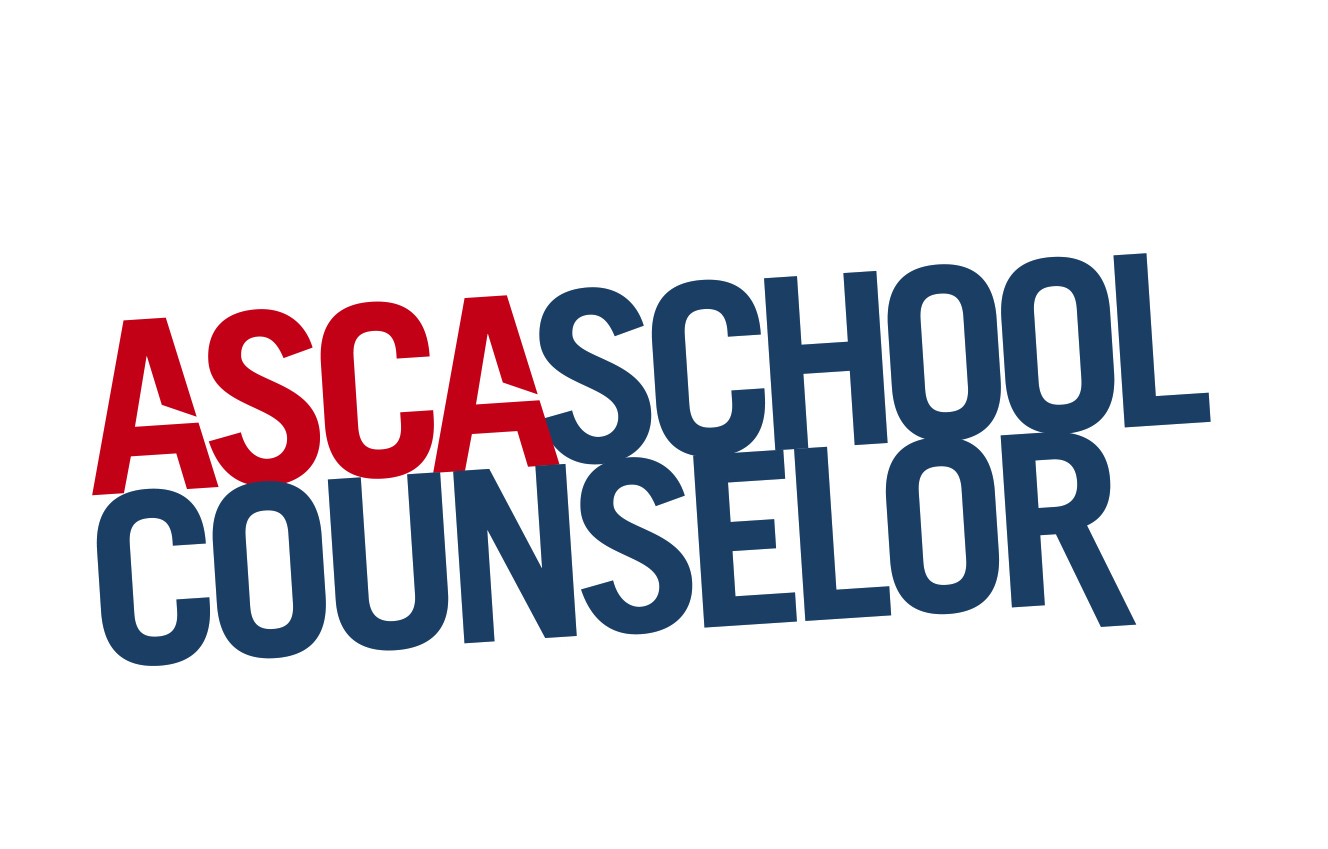Your Values vs. School Board Rules
Author(s): Carolyn Stone, Ed.D.
March 1, 2010
Scenario: Your school board/employer recently voted to move from an abstinence-only approach to a comprehensive sex education curriculum, which includes information on contraceptives. This is an affront to your religious beliefs, and when provided with the newly approved materials you tossed them and replaced them with abstinence-only literature. You also believe that praying with students is appropriate at times, and although you use this technique sparingly and only with students’ permission, you have on several occasions prayed with distressed students. Is your behavior ethical? Legal?
A school counselor who acted on her religious values became the center of a court case in Grossman vs. South Shore Public School District (2007). K. Grossman was a school counselor in a tiny Wisconsin town with 838 churches within a 40-mile radius. Based on her religious beliefs, Grossman discarded board-approved literature on contraceptives and ordered replacement literature on abstinence. Grossman also prayed with students on at least two occasions. At the end of her third year, the superintendent recommended Grossman’s contract not be renewed, explaining she was not a “good fit” with the school based on her religious practices. In this church-saturated community the superintendent and many administrators were also Christians, but Grossman filed suit under Title VII of the Civil Rights Act, citing religious discrimination. Grossman stated she believed her contract was canceled because her views on abstinence and prayer aroused the district's religious hostility. How do you think the court ruled?
The 7th U.S. Circuit Court of Appeals barred Grossman from pursuing her claim, instead rendering the opinion that the district had a legitimate right to be concerned about Grossman’s conduct. The prospect of the district having to defend itself against a lawsuit for violation of the Establishment clause (separation of church and state) coupled with the concern about the district’s high teen-pregnancy rate and the school counselor throwing out birth control pamphlets in favor of a “statistically less-effective method of pregnancy prevention” was enough to persuade the court that school officials had a legitimate right to be apprehensive.
Grossman’s argument that the district was repulsed by her fundamentalist Christian beliefs brought this observation: “The only religious beliefs her conduct signaled were that teenage sex is bad and that prayer is efficacious.” These were views almost certainly shared by the Christian officials who let her go. There was no apparent dispute that Grossman met the adverse-action requirement. The court removed the issue of religious discrimination based on Grossman’s Christianity. Based on the make-up of the region and the school “it is a fair guess that atheists and other non-Christians do not pull the strings at Port Wing’s sole public school.” The court concluded that it was Grossman’s conduct, not her beliefs or the expression/exercise of them, that caused the dismissal.
School authorities have a right to control the school district curriculum … and, equally to control the policies of guidance counselors and other staff.
We are our values, and they follow us through the schoolhouse door and into every conversation we have with students. Ethically school counselors are aware of their values and biases rooted in their own religion, culture and/or ethnicity and are cognizant of those topics for which they lack objectivity. Law as well as our ethics admonish us to remember that parents have the right to be the guiding voice in their children’s lives, especially in value-laden issues. Ethical standards require that we promote the autonomy and independence of our students and avoid imposing our own religiously based values on students, mandated to be a captive audience in schools. For example, if a school counselor is vehemently opposed to abortion, he or she recognizes this personal bias and, if possible, finds help for student in this situation from another school counselor or professional.
Ethics are situational. A school counselor’s ethical behavior is determined in part by the school, district and community standards. Further, school boards establish policy based on community standards and needs, and if we accept employment in a district we are agreeing to abide by the school districts written and unwritten rules. School counselors have to understand the threads comprising the community's fabric to discern how to behave ethically in a particular environment.
Would you be able to encourage a student to go to a neighborhood health clinic if she tells you she is pregnant? It is important to have a feel for the local level of tolerance for school involvement in value-laden issues and to understand that school board policy is law, and adherence is not optional. The ASCA Ethical Codes and Standards of Practice ask that we adhere to school board policy and to work responsibly to change those policies that stratify students’ opportunities.
Carolyn Stone, Ed.D., is a professor at North Atlantic University and co-chair of ASCA’s Ethics Committee. She can be reached at cstone@unf.edu.
To submit your questions for a future column, e-mail them to ethics@schoolcounselor.org.
References
Grossman v. S. Shore Pub. Sch. Dist., 507 F.3d 1097 (7th Cir. 2007).
Stone, C. (2005). School counseling principles: Ethics and law. Alexandria, VA: American School Counselor Association.
Zirkel, P. A. (2008). Child advocacy and “freedom” of expression. Communiqué, 36(5), 1, 8-9.

